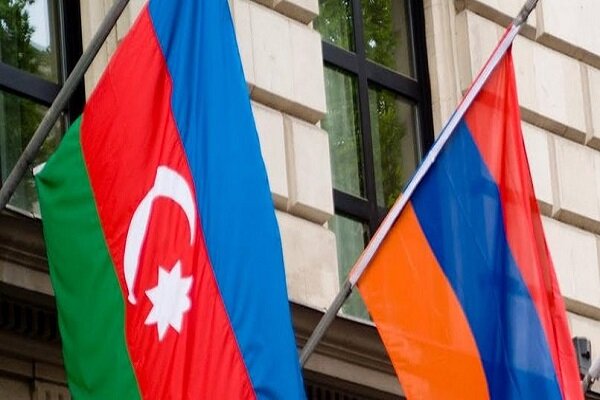“It was agreed to convene the meetings of the Joint Border Commission, as well as Working Group on the preparation of a peace treaty, in the near future,” Azerbaijan’s Foreign Ministry said in a statement following a phone call between the foreign ministers of Baku and Yerevan.
“The Ministers had an exchange of views as a follow-up to the agreements reached at the level of the leaders of both states,” the statement added, according to Anadolu Agency.
Baku and Yerevan “agreed on parameters of the participants in the Joint Border Commission,” and discussed “the issues related to the continuation of steps in the humanitarian sphere,” it further said.
Meanwhile, the Armenian Foreign Ministry also confirmed the agreement in a statement, saying the two sides “agreed on the structure of Commission on delimitation and border security.”
Azerbaijan's Foreign Minister Jeyhun Bayramov discussed with his counterpart Ararat Mirzoyan “issues related to addressing humanitarian issues, preparing works on peace negotiations,” the statement added.
Earlier this month, European Council President Charles Michel hosted a meeting between Azerbaijan's President Ilham Aliyev and Armenian Prime Minister Nikol Pashinyan in Brussels where the two sides expressed willingness to secure a peace agreement.
Relations between the former Soviet republics have been tense since 1991 when the Armenian military occupied Nagorno-Karabakh, a territory internationally recognized as part of Azerbaijan, and seven adjacent regions.
New clashes erupted on Sept. 27, 2020, and during the six-week war, Azerbaijan retook several cities and 300 settlements and villages.
The conflict ended in November 2020 in a Russia-brokered deal that saw Armenia cede chunks of territory it had occupied for decades.
In January 2021, the leaders of the three countries agreed to develop economic ties and infrastructure for the benefit of the entire Caucasus region.
ZZ/PR
























Your Comment